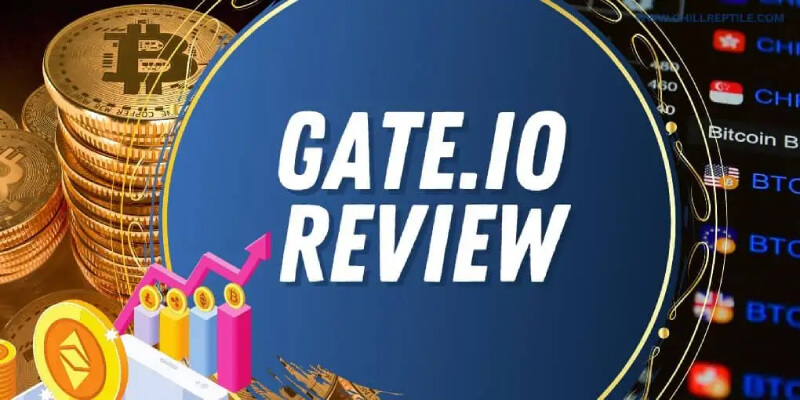- Gate.io is exiting Japan due to regulatory compliance issues, ceasing new registrations and support.
- Japan’s Financial Services Agency is tightening crypto regulations with enhanced security and transparency measures.
- The FSA now mandates rigorous KYC, AML procedures, and stablecoin reserve requirements for crypto exchanges.
Gate.io has declared its intention to withdraw from the Japanese market, primarily citing compliance with regulations. Gate.io announced in a statement on Monday that it will stop accepting new account registrations from citizens of Japan and progressively withdraw services for existing customers.
The exchange emphasized its commitment to adhering to financial regulations in all its regions. Stating that: “We strive to comply with financial regulations in all regions where we operate. Based on this commitment, we regret to inform you that we will terminate our services for Japan.”
Gate.io, ranked 49th in terms of trading volume among centralized cryptocurrency exchanges, will assist Japanese customers in transitioning their transactions to compliant domestic crypto asset exchange operators.
Additionally, the platform plans to remove Japanese language support. The exchange has reported a 24-hour trading volume of approximately $2.34 billion, according to data from CoinGecko.
Japan’s Financial Services Agency (FSA) has been enhancing consumer protection and market integrity by progressively tightening its regulations. 2020 saw significant revisions to the Financial Instruments and Exchange Act and the Payment Services Act that strengthened regulations for exchanges and redefined cryptocurrency assets. Better security protocols and frequent audits are two of the new regulations.
In 2021, the FSA introduced more rigorous licensing requirements and mandated comprehensive security measures and financial stability assessments for crypto exchanges.
This entails putting in place stringent Know Your Customer (KYC) and Anti-Money Laundering (AML) procedures to better identify and report questionable activity, as well as demanding that customer monies be maintained apart from company assets.
Stablecoins in Japan are facing more scrutiny. The FSA’s rules require stablecoin issuers to keep reserves equal to the value of their tokens and to conduct regular audits to ensure transparency and stability.
In February 2023, Japan’s government approved an economic reform bill allowing investment-limited partnerships to own and hold crypto assets. First suggested in September 2022, the bill aims to encourage business creation and strategic investments through tax breaks and financial support, showing a detailed approach to regulating digital assets.





